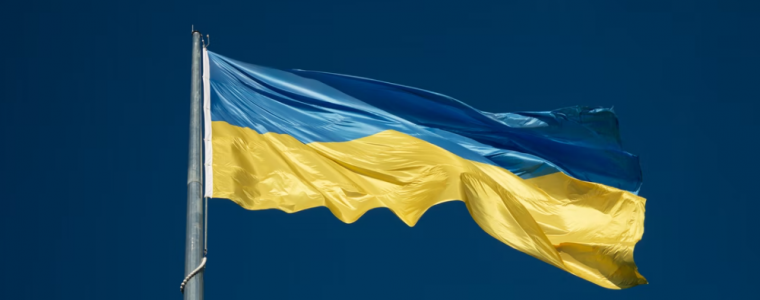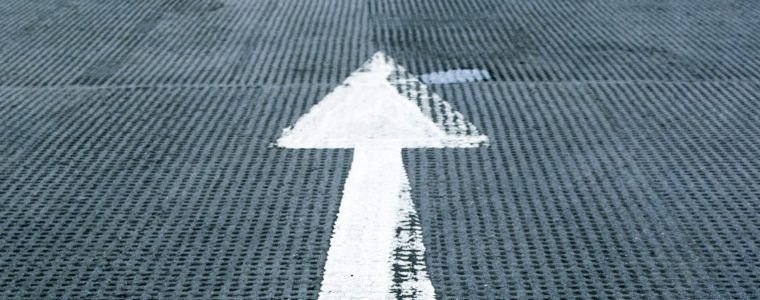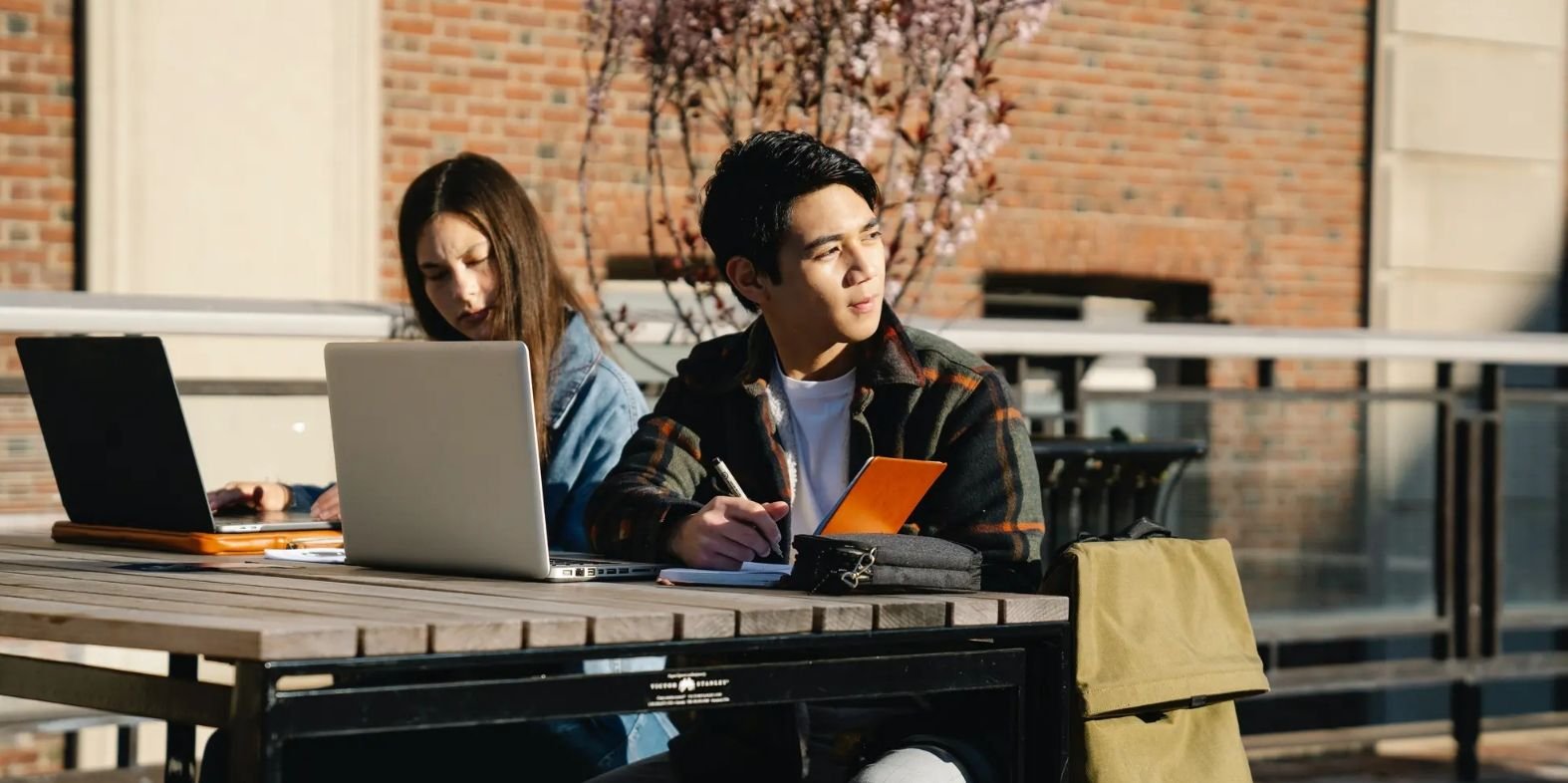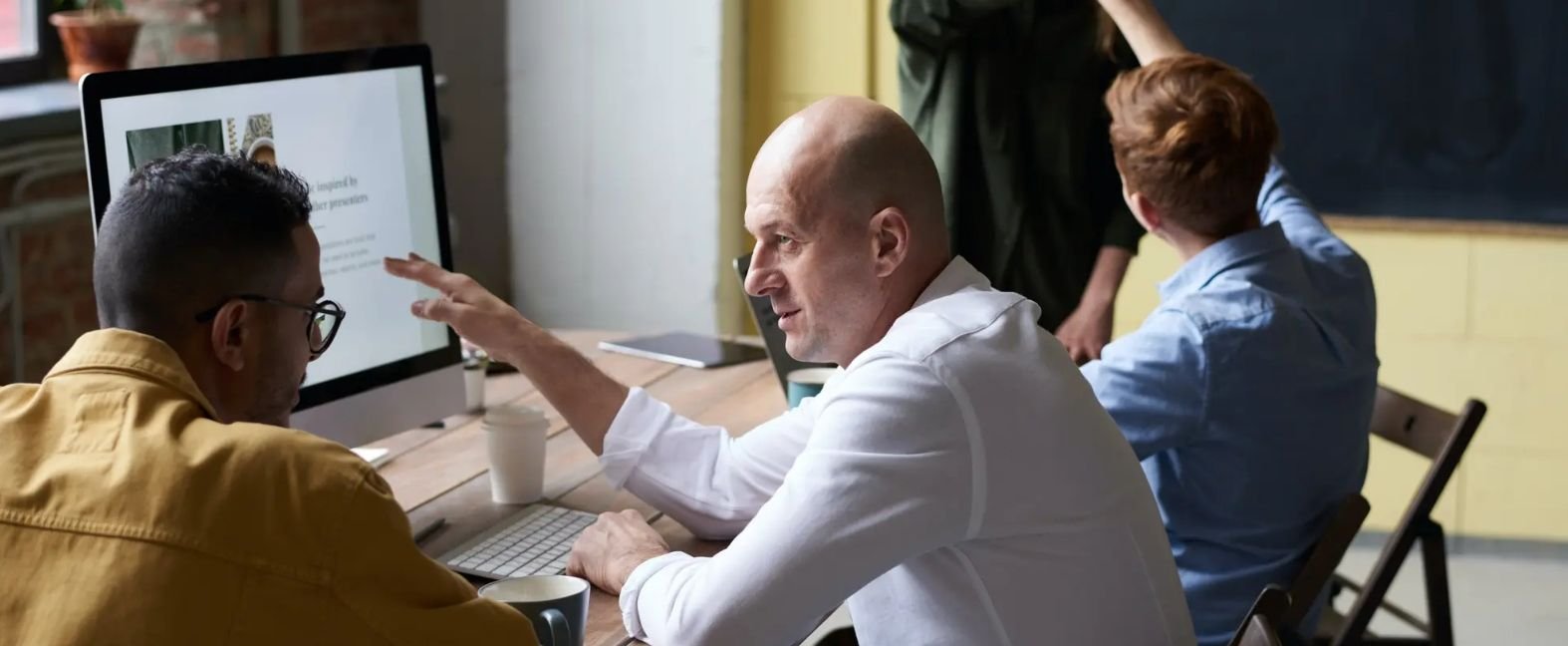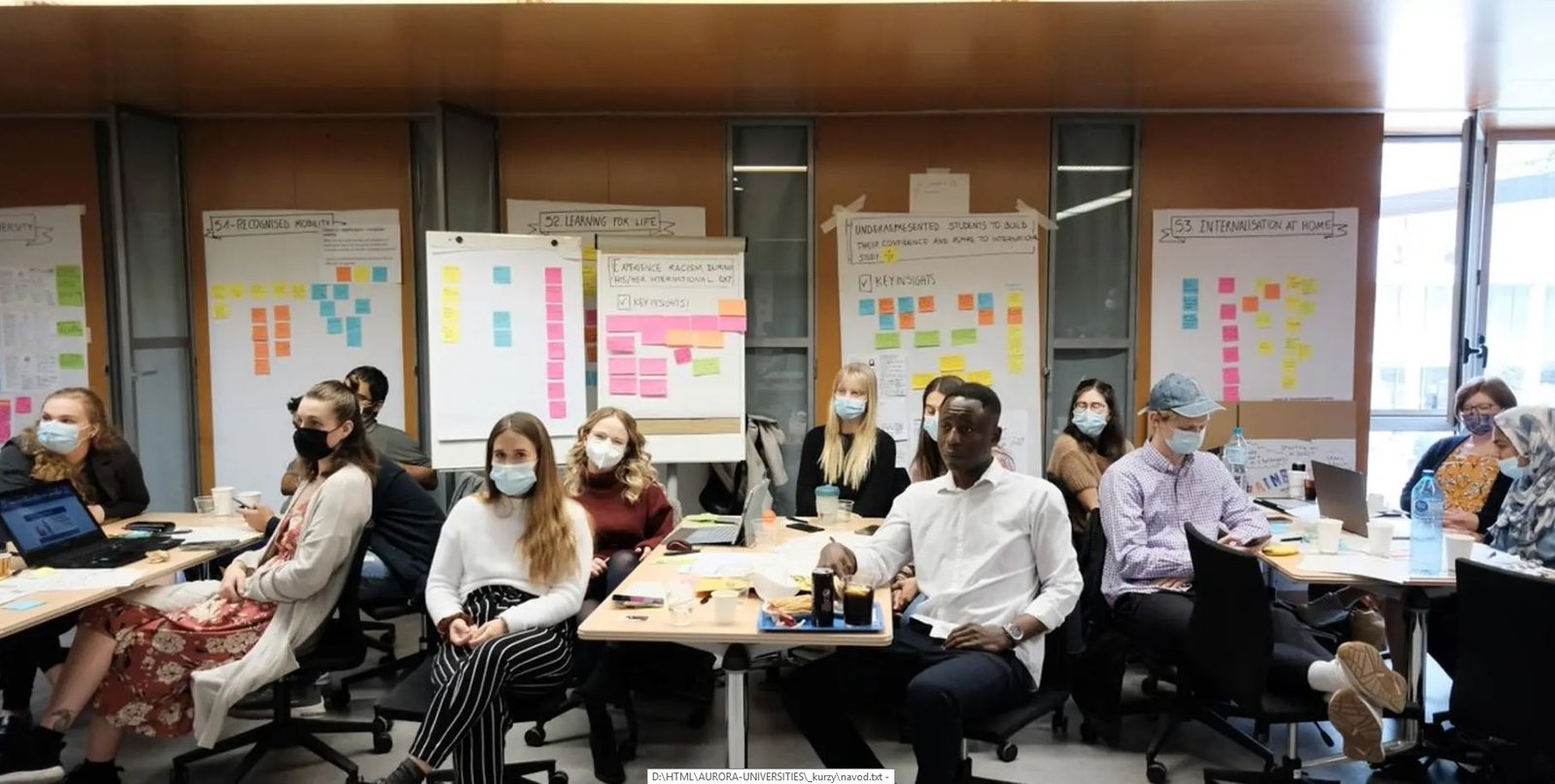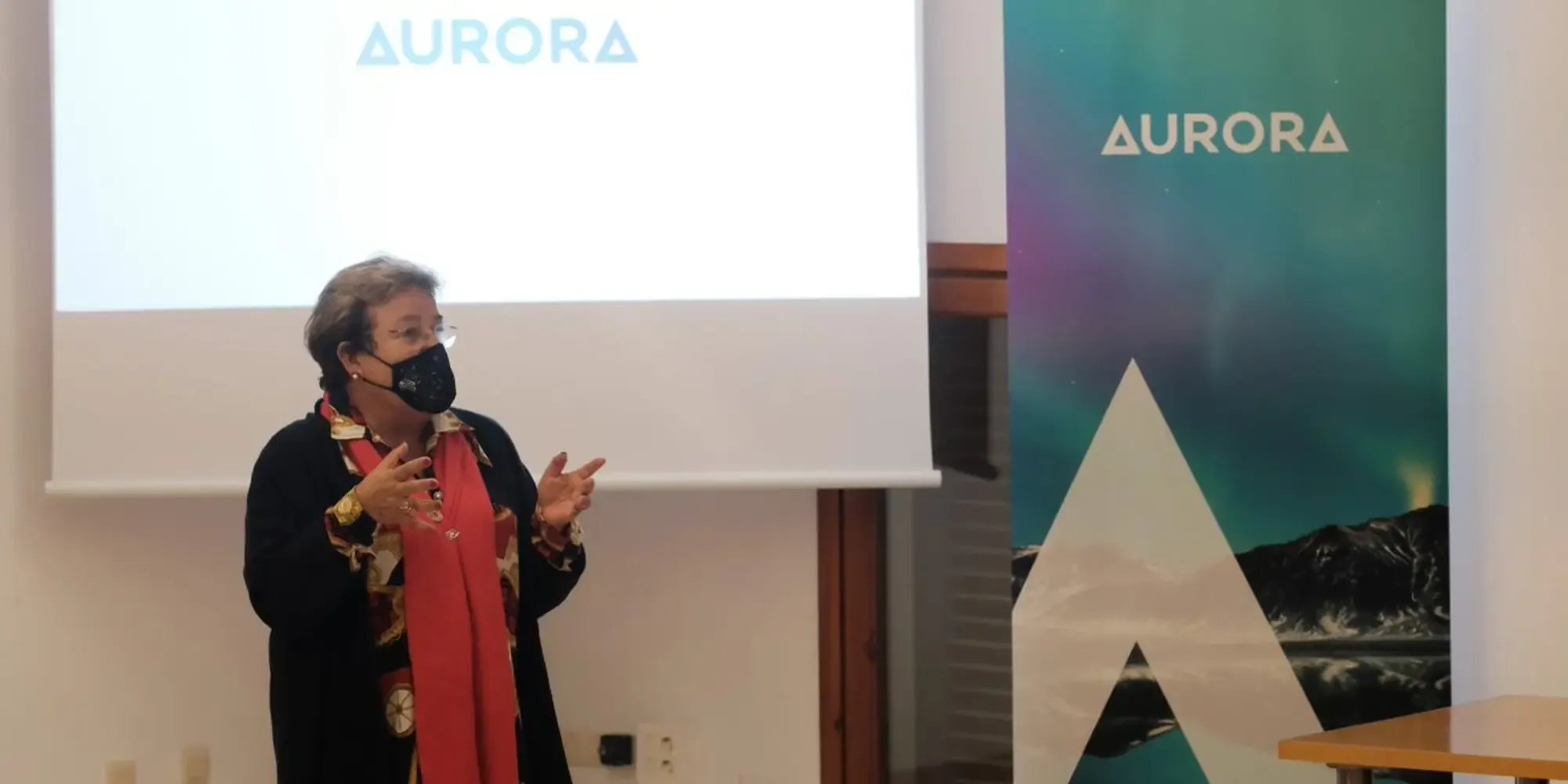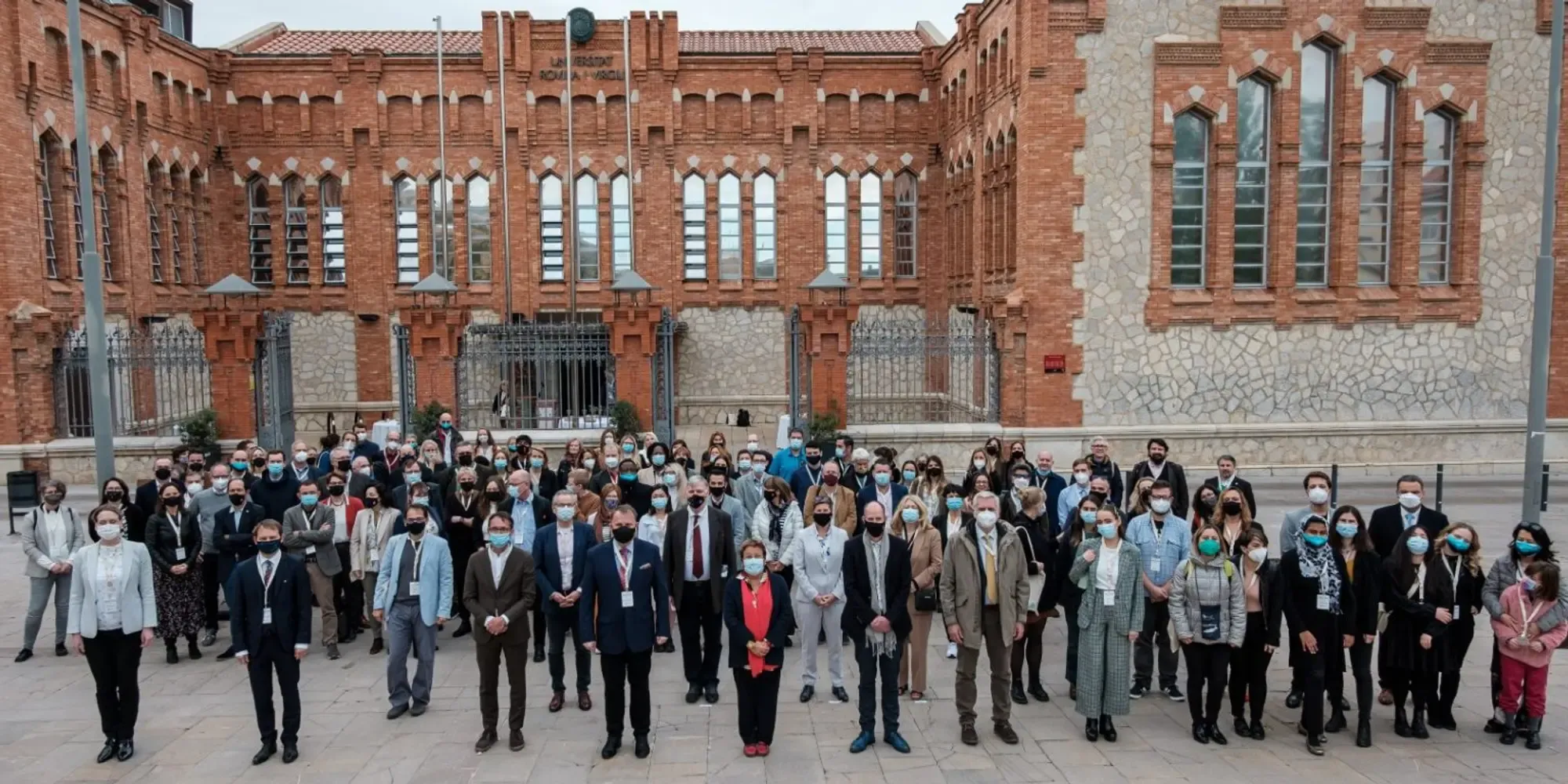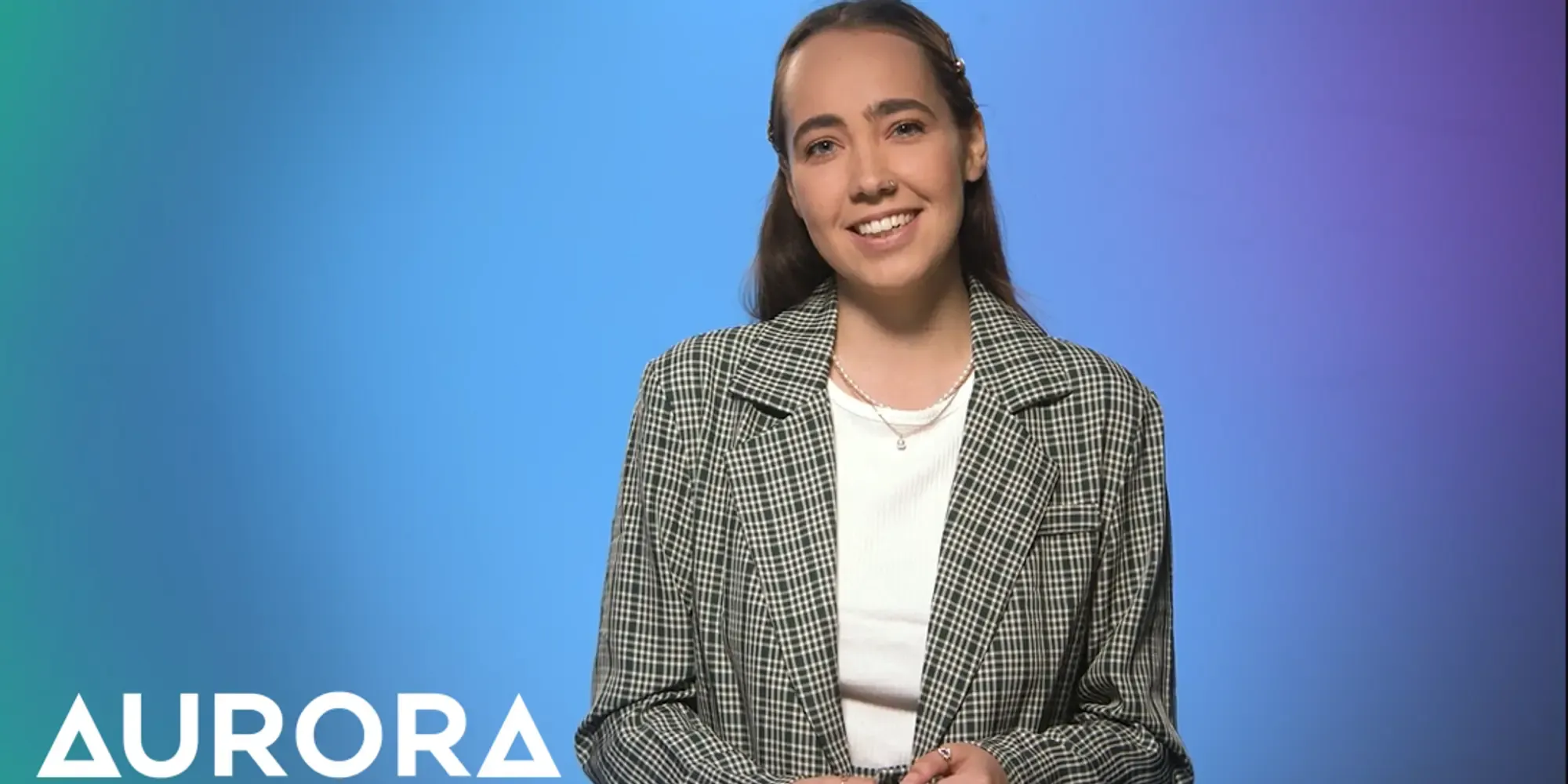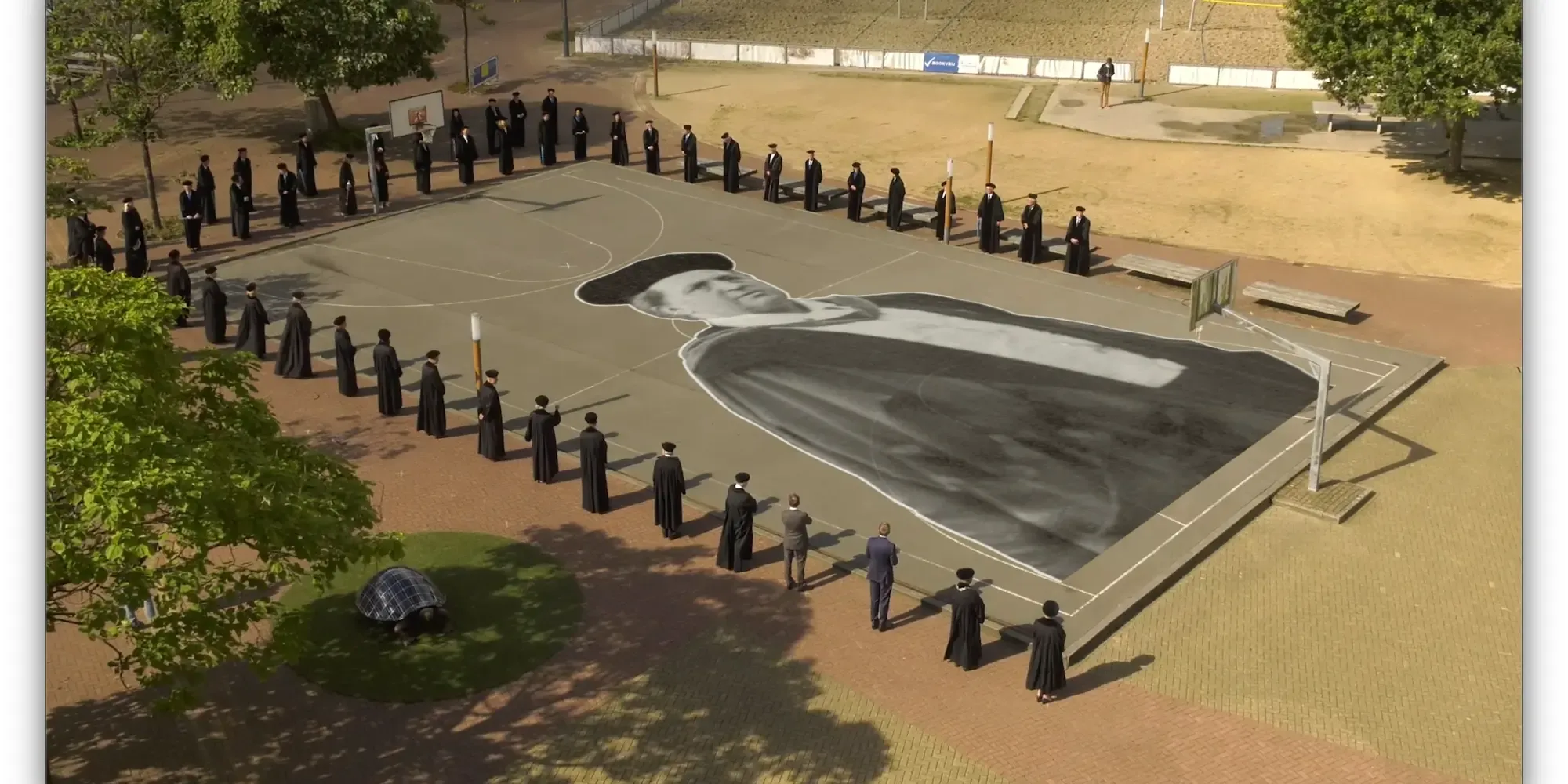Aurora network universities agree that most students should take part in an internationalization experience. Aurora’s biannual meeting, which was attended by more than 120 representatives from eleven European universities, debated which skills and competences university students should have and how universities should foster internationalization.
At present, about 15% of university students take part in a four-month stay at a foreign university as part of the Erasmus program. Now, however, the challenge for the universities that are members of the Aurora consortium is to ensure that, in one way or another, most university students have some sort of major internationalization experience. Prior to the biannual meeting of the Aurora network, the students themselves defined what these international mobility visits should be like and the problems they needed to cope with. For example, one of the agreements was to provide psychological services for displaced students. Connecting with the local community was also regarded as fundamental to greater and better integration, and efforts will be made to guarantee that whoever wishes to do so can travel with their families.
The meeting also defined what future students should be like and what skills and competences they should have. For example, 21st-century students should be creative, be able to innovate, have communication and leadership skills and be able to work as part of a team. These values are already being promoted “but not with the necessary level of awareness”, explains the URV’s Vice-Rector for Internationalization, John Style. Work will now begin, then, so that these competences can be assessed in graduates and the assessment criteria be standardized throughout the universities in the consortium. Students must also be able to work in groups and in multicultural environments, to think critically and, above all, to have a good command of English.
One of the main objectives of the biannual was to sign an agreement between the eleven participating universities to encourage and guarantee mobility. It is a single multilateral agreement that will allow the multi-campus to be set up effectively.
More than 20 Aurora students representing the eleven universities met for three days before the biannual to participate in the Design Thinking Jam. The goal was to design what a major internationalization experience should be like and how obstacles can be prevented.
During the biannual, discussions were held on how all members of the consortium could share initiatives on internationalization. One of the options is for students to work in online groups with other universities without leaving Tarragona as an online internationalization experience.
During the closing day of the biannual, the participants discussed the need to transform the university from a place where people graduate and leave, to a place with which they maintain a lifelong learning bond. That is to say, it becomes an institution that not only gives a degree but also guarantees lifelong learning, where students can take courses with a few credits, accumulate them and be awarded a professional certificate.
During the presentation of the meeting’s conclusions on Monday, the rector of the URV expressed her satisfaction that the biannual had been organized in Tarragona: “We have put the city on the map of Europe,” she pointed out.
The consortium gives rise to the Aurora Research and Innovation
Just after the biannual, there was a meeting of the partners of the Aurora Research and Innovation programme, involving nine of the eleven universities in the consortium. It is a European project focused on sharing good practices, resources and scientific infrastructure among the members. The aim, according to the Vice-Rector for Research and Scientific Planning, Francesc Díaz, is to encourage cooperation in entrepreneurial activity, empower human capital, “democratize open science and put research in touch with the public.”

